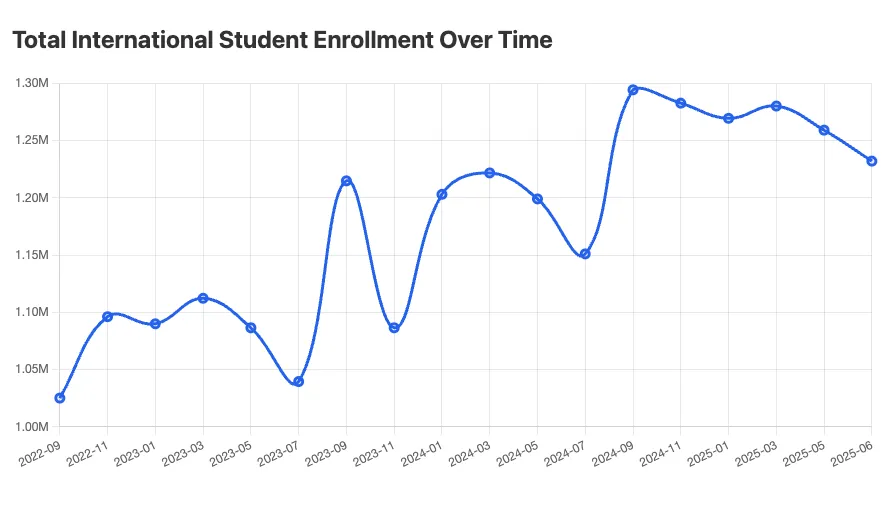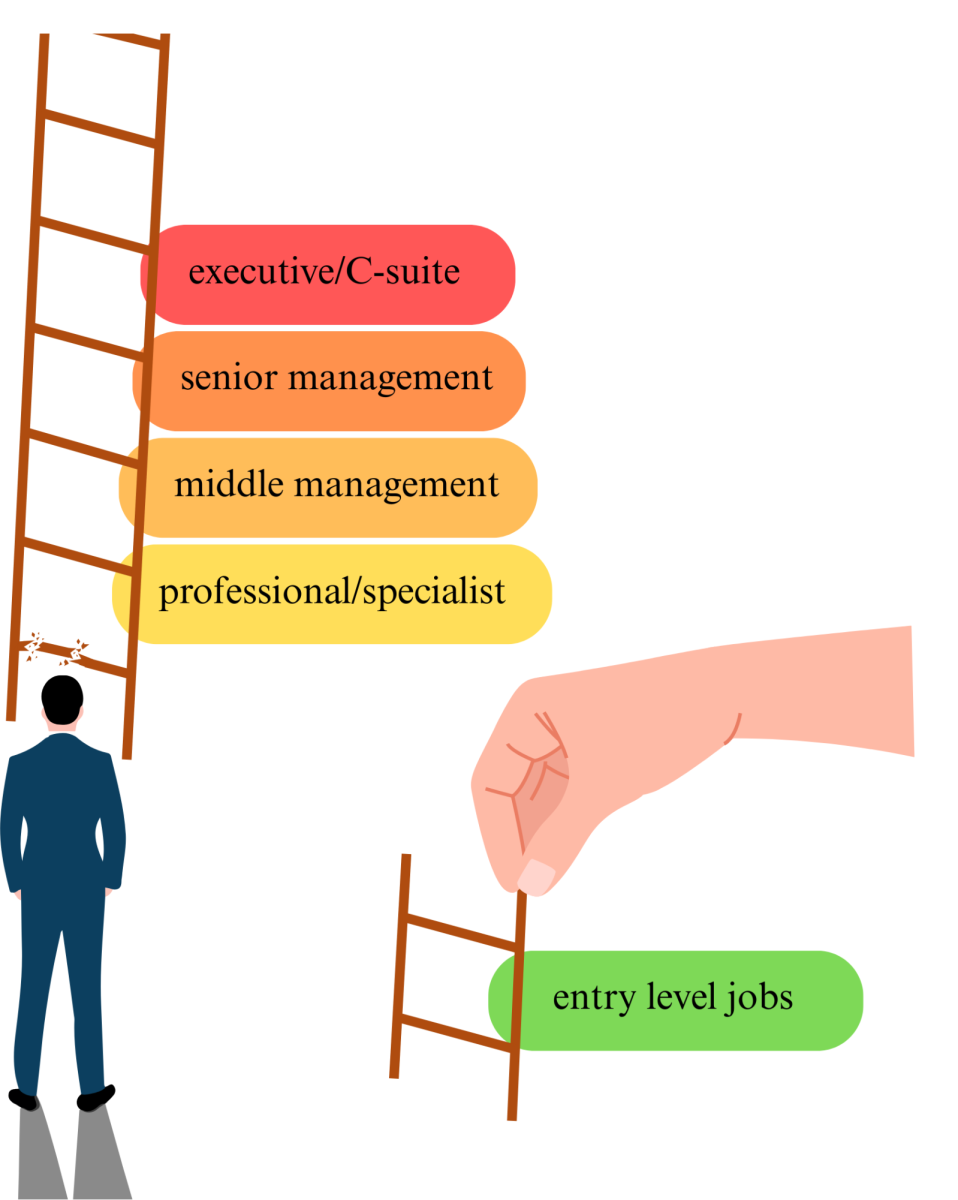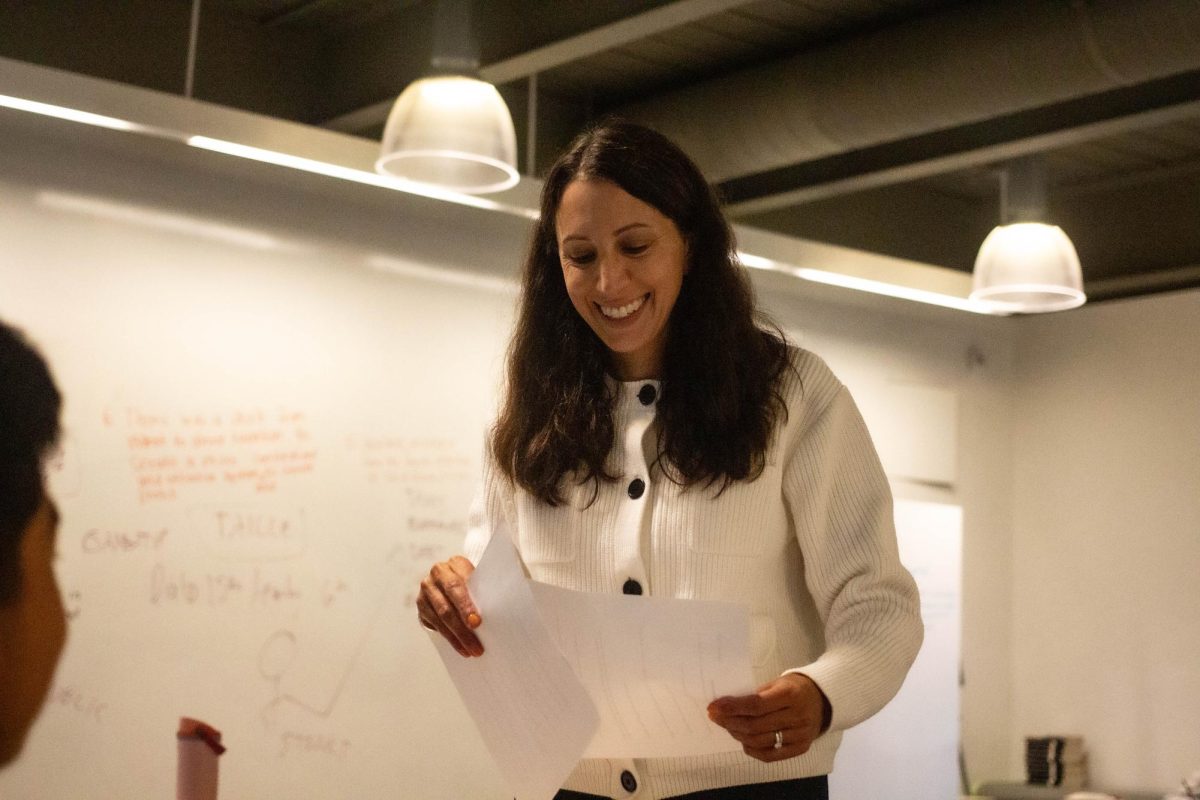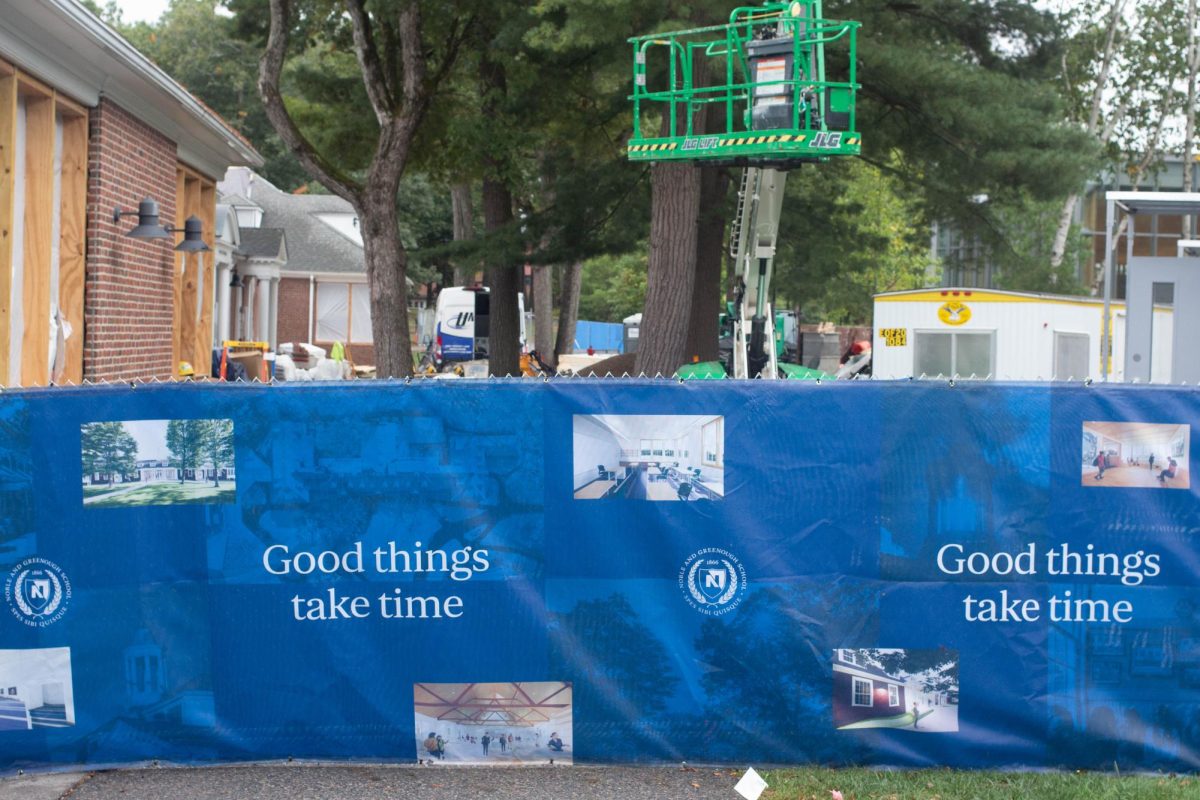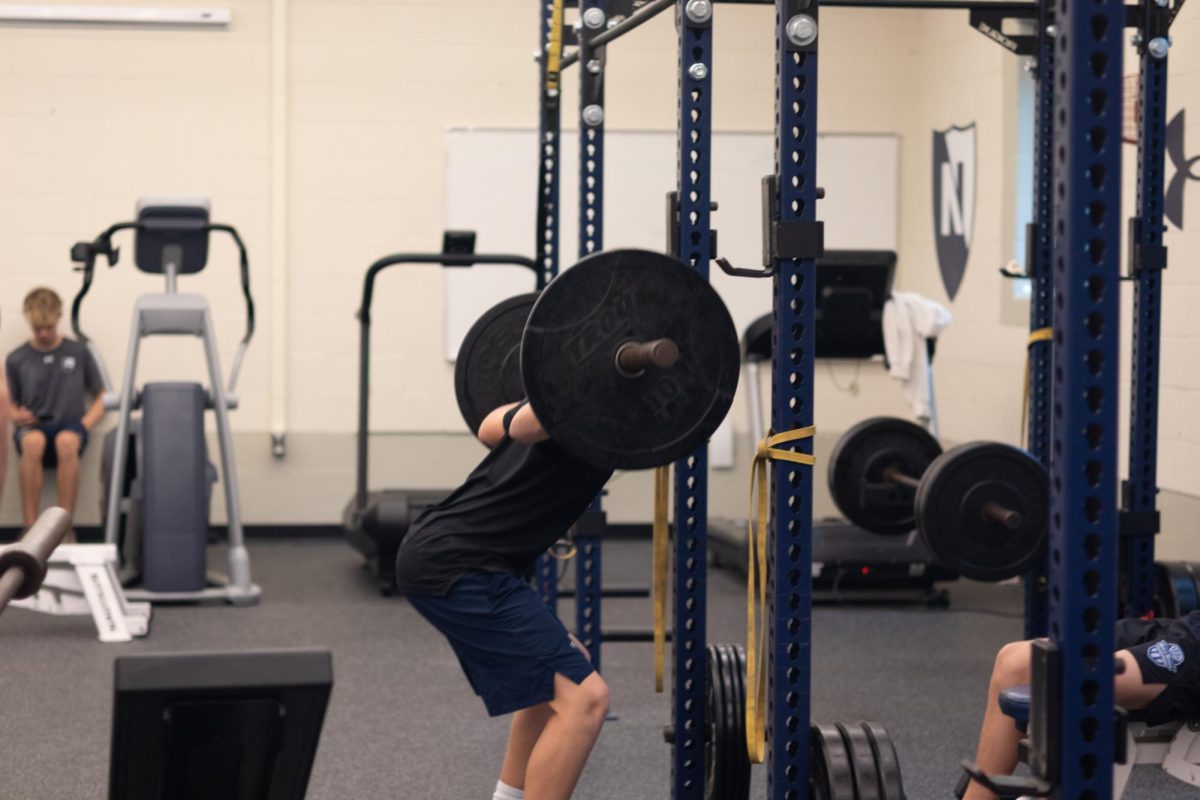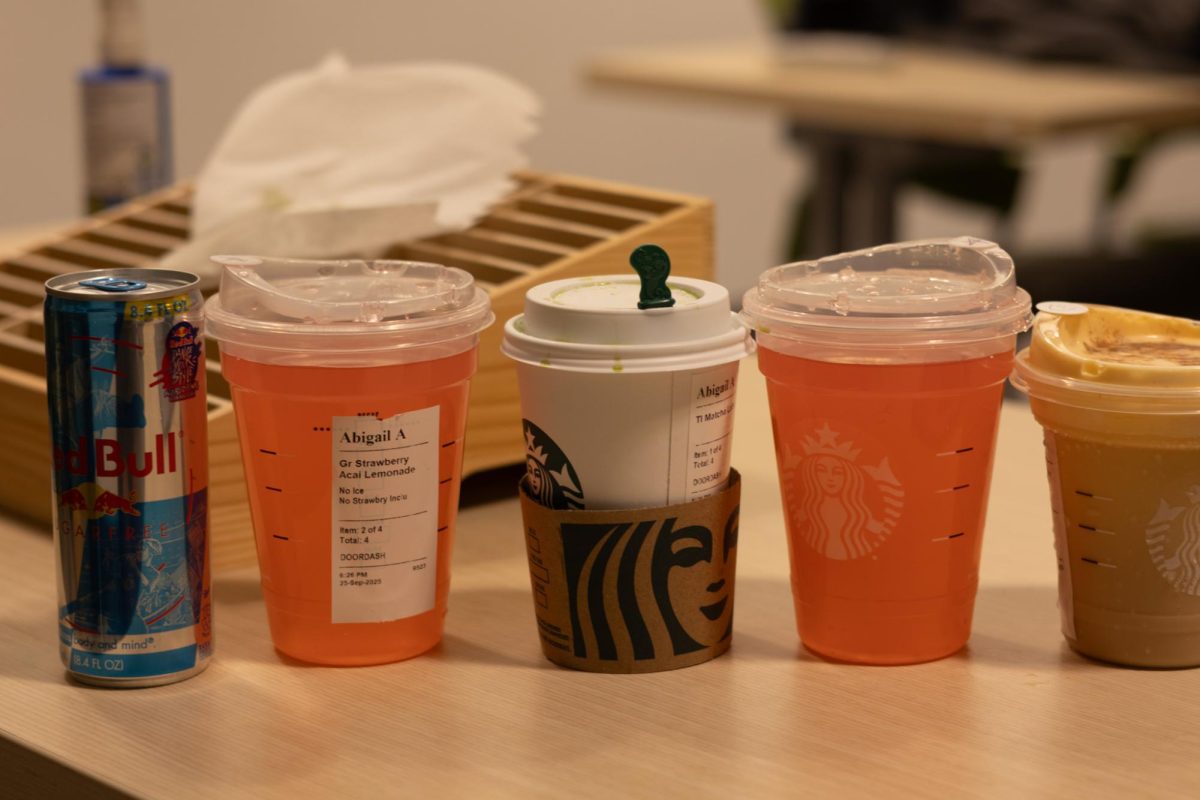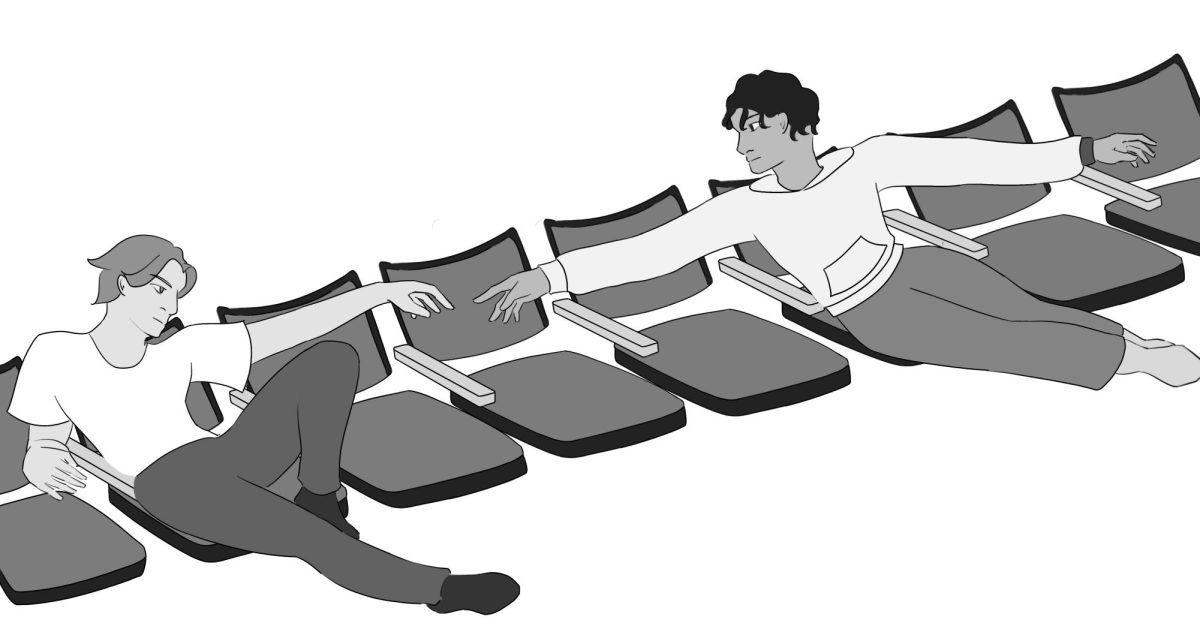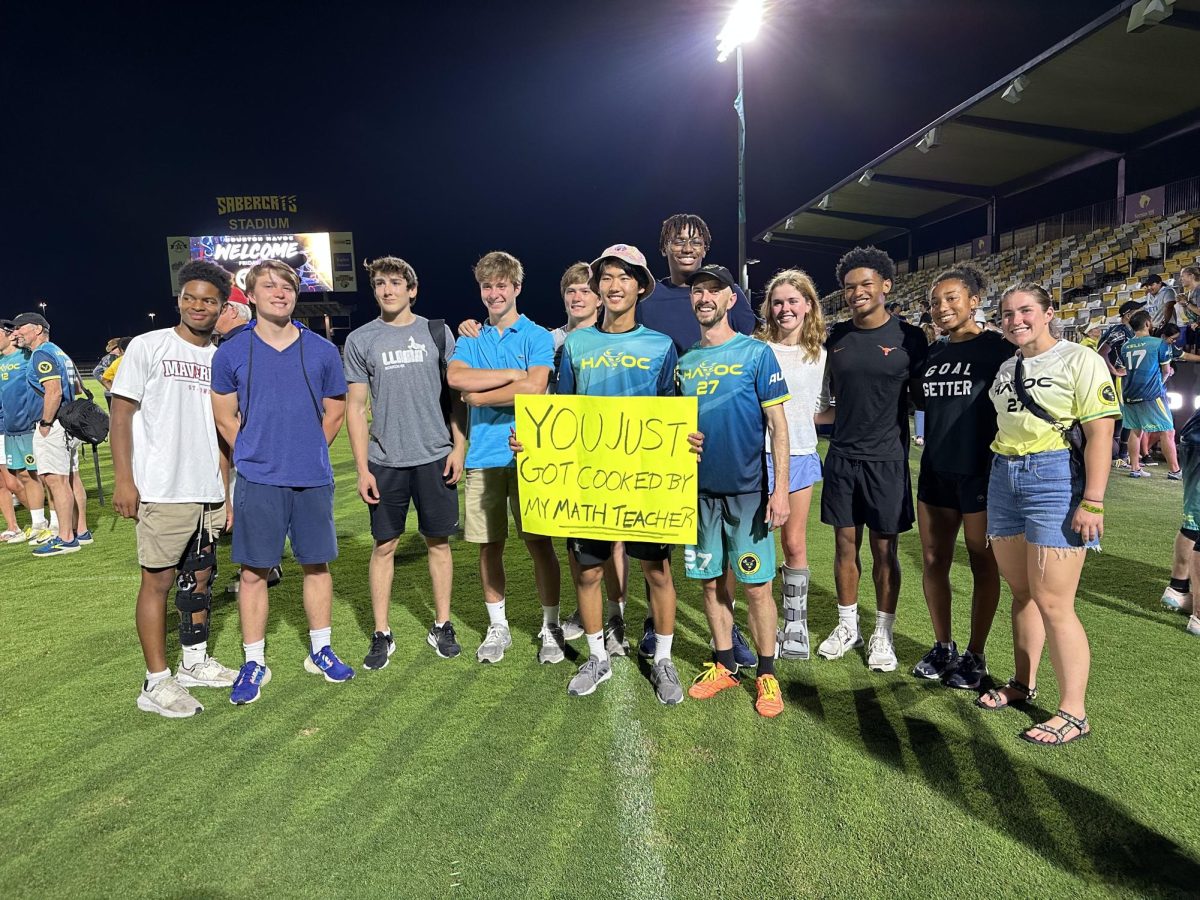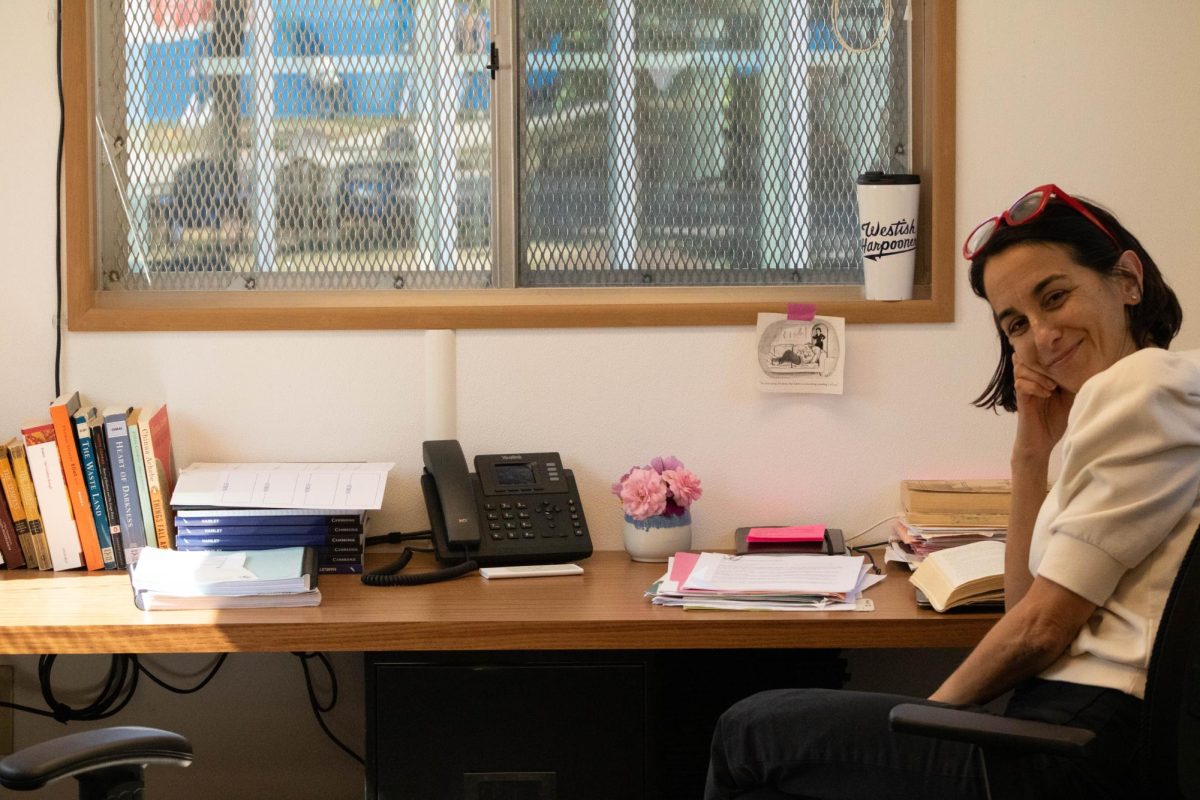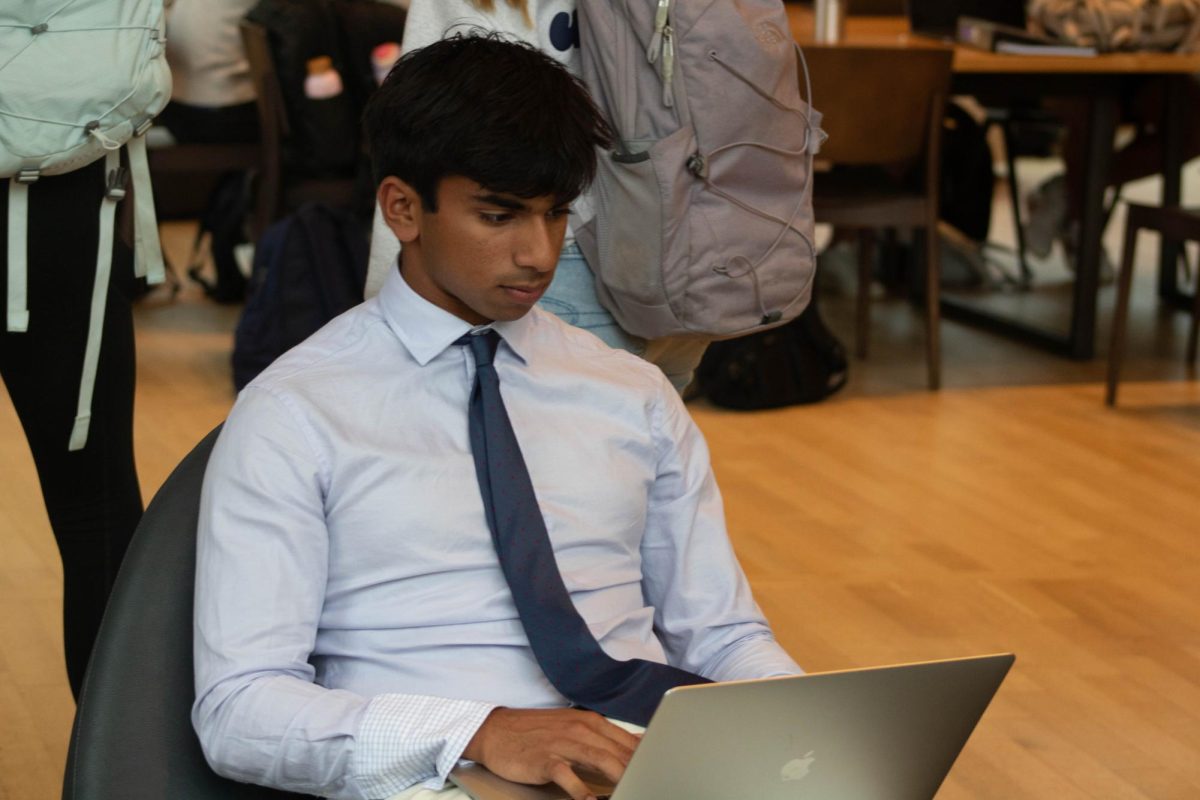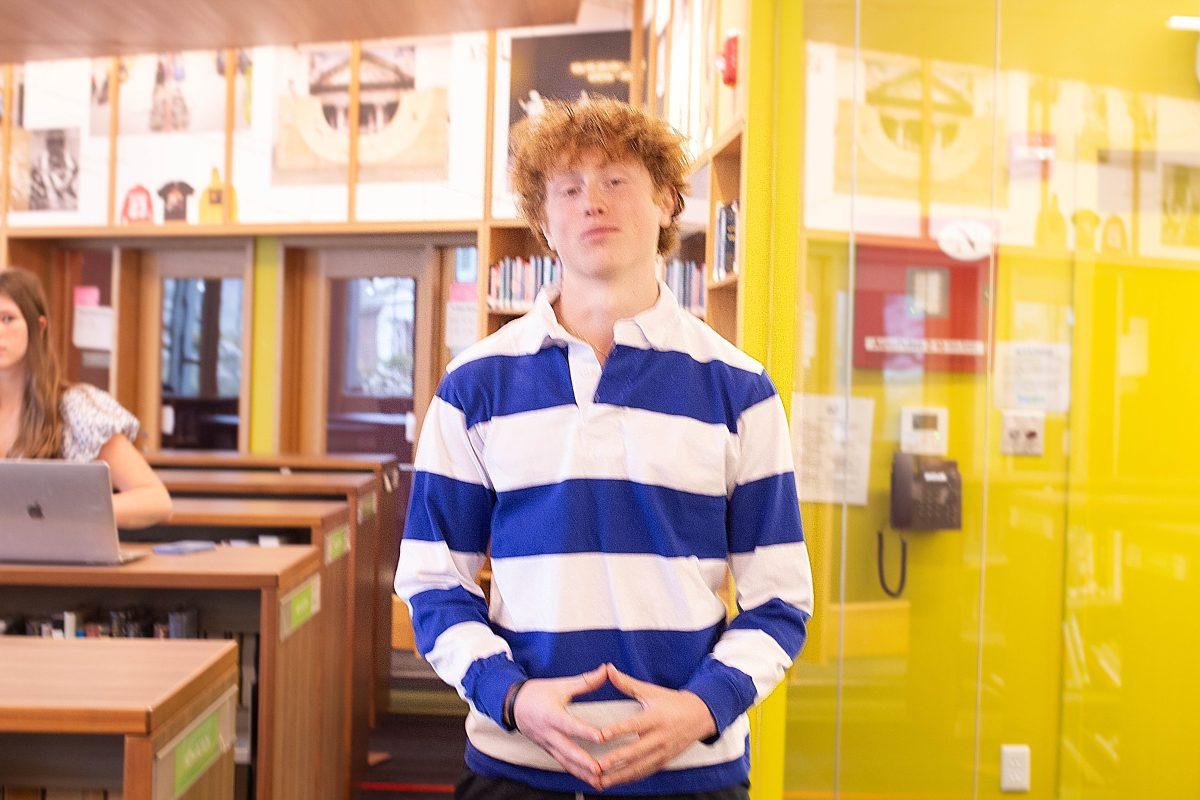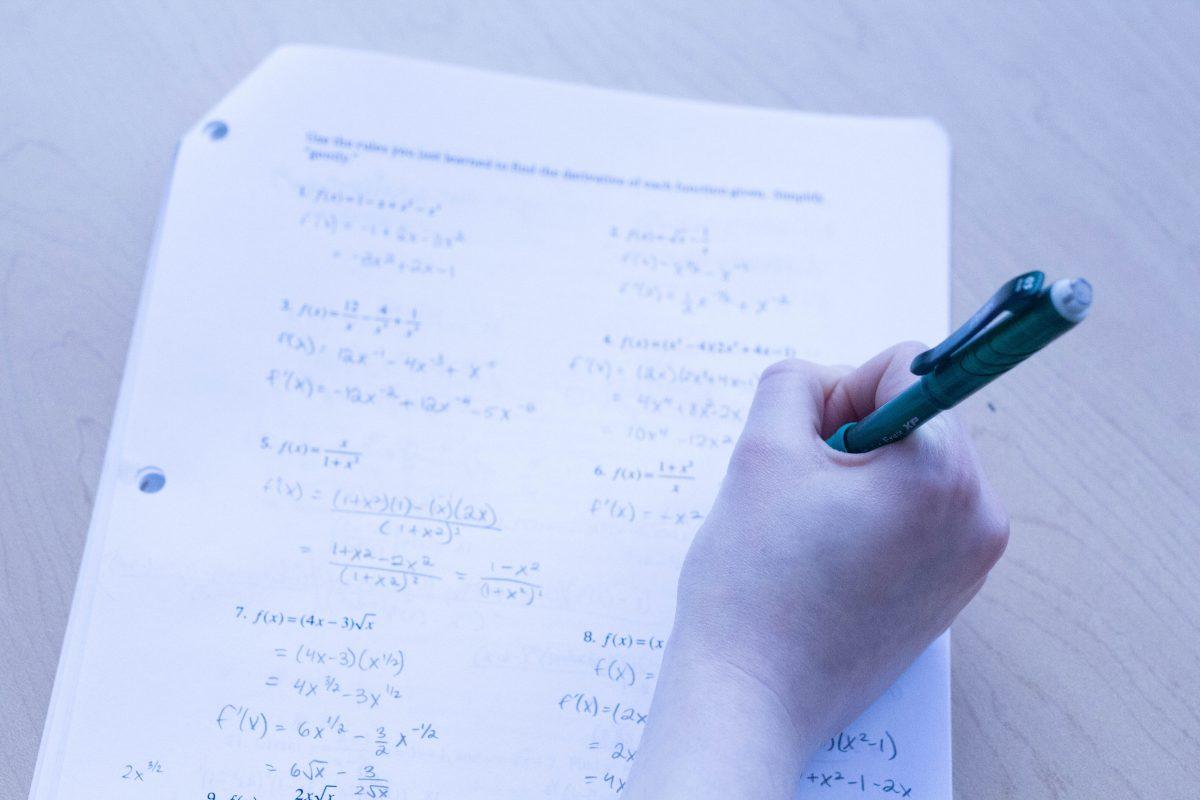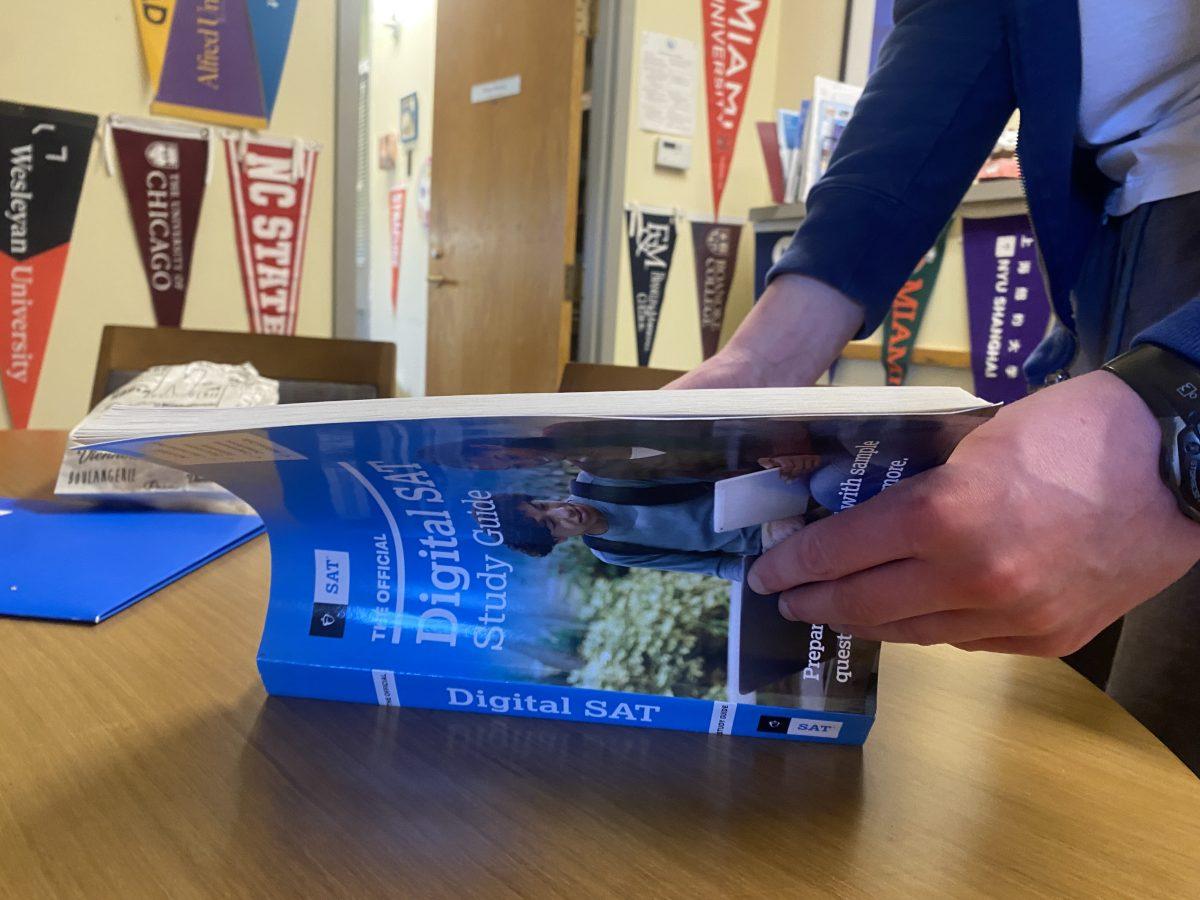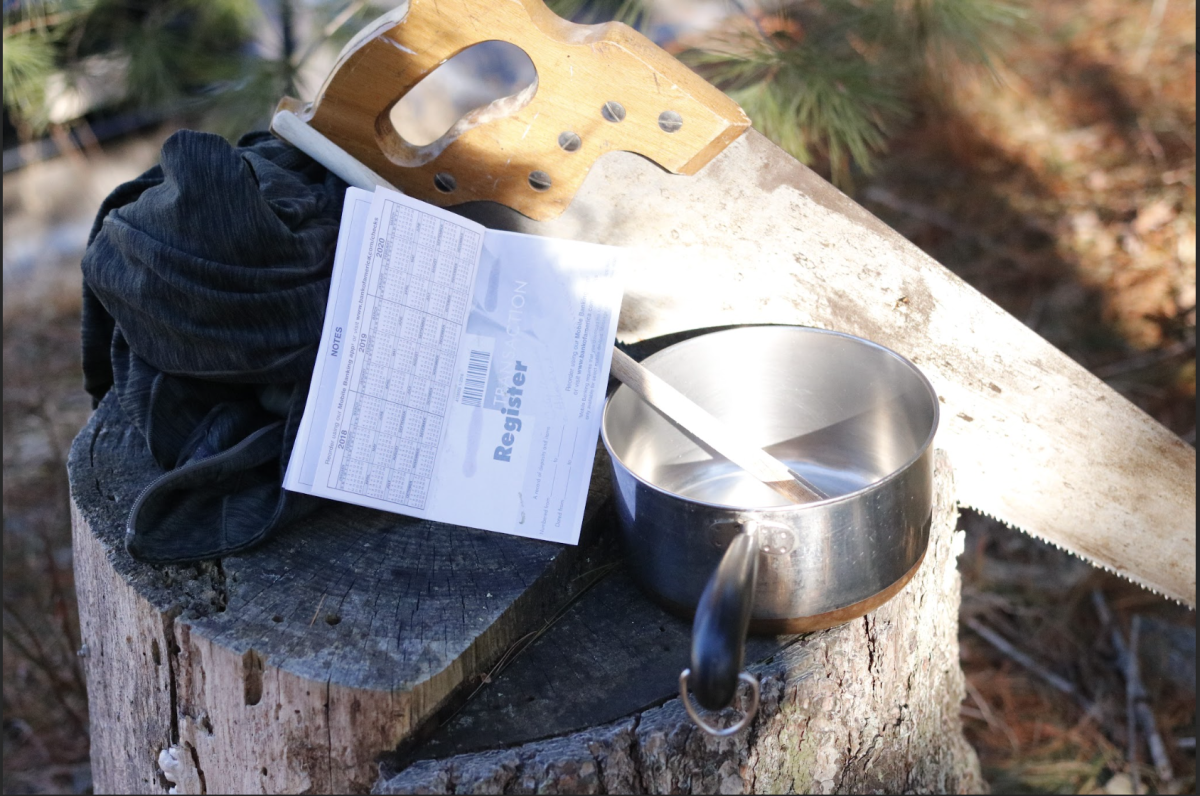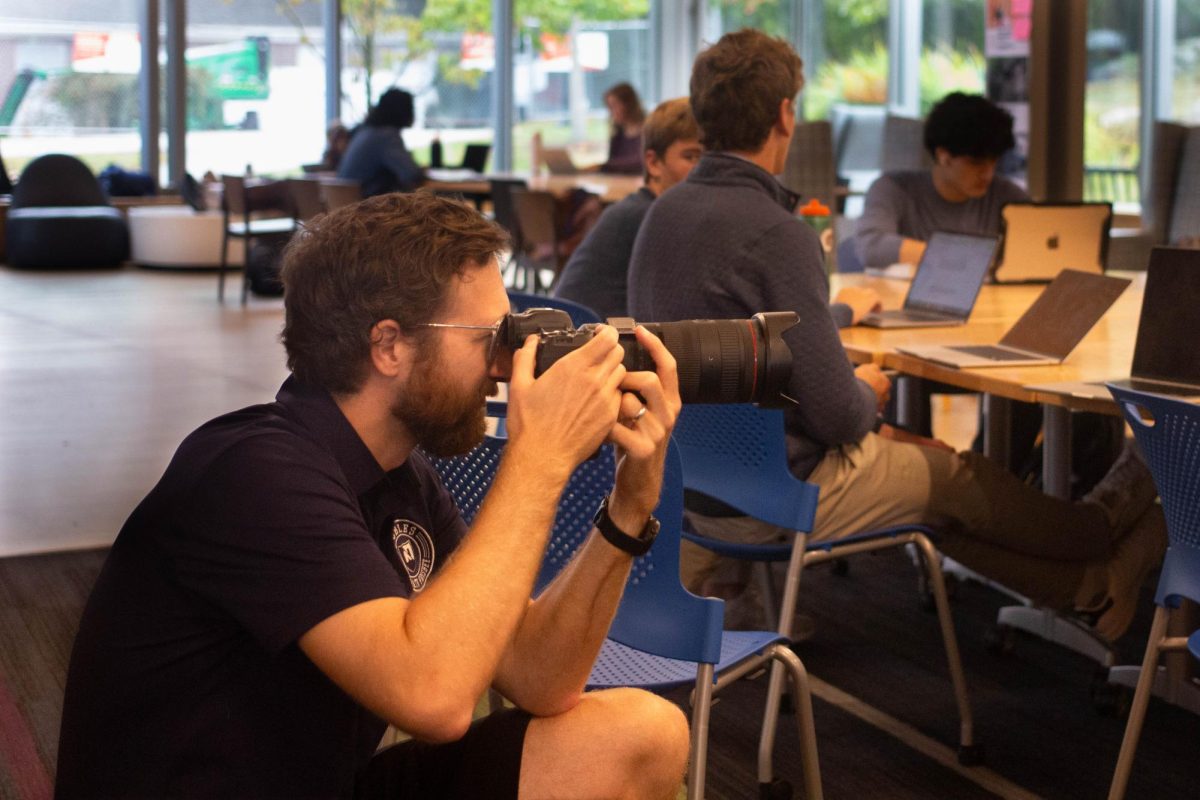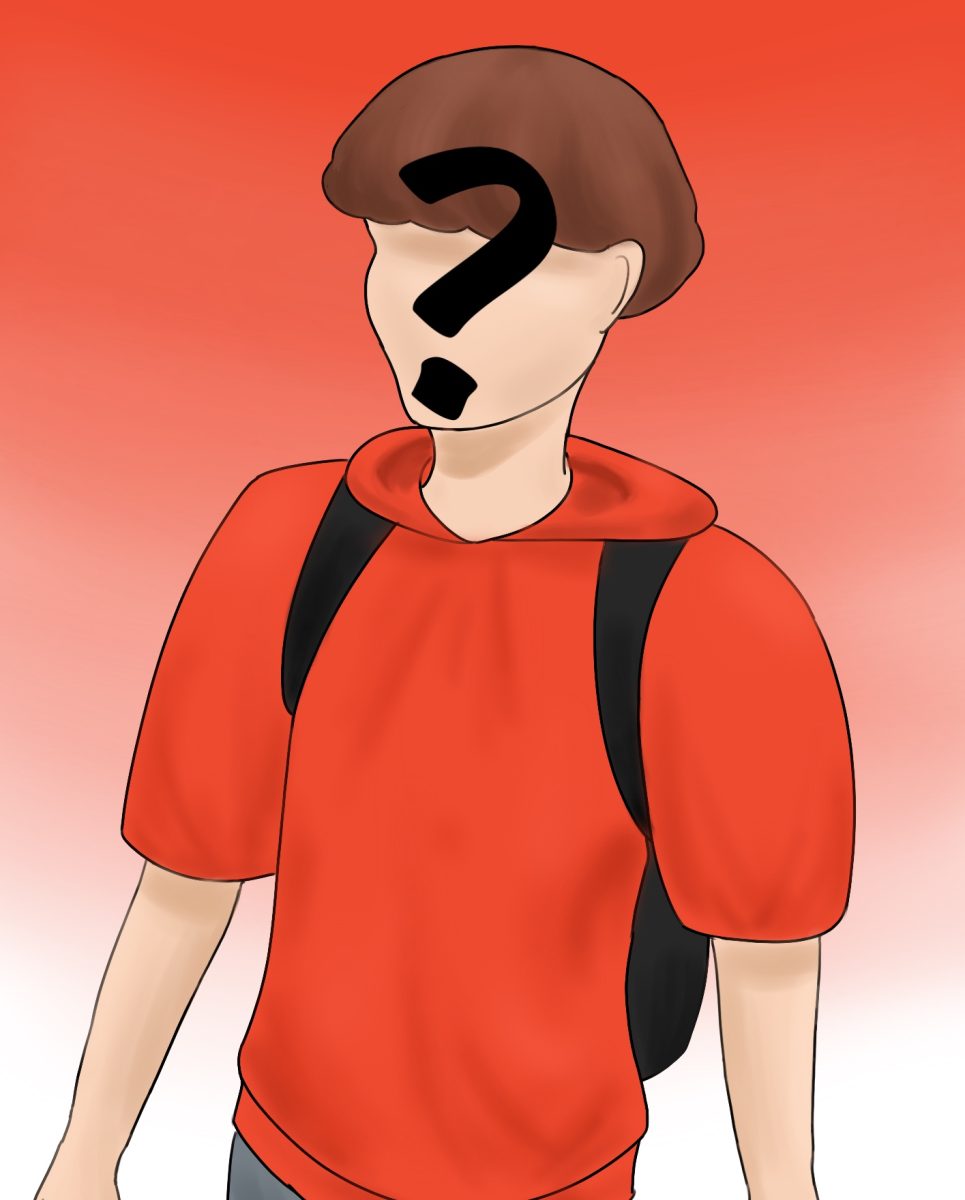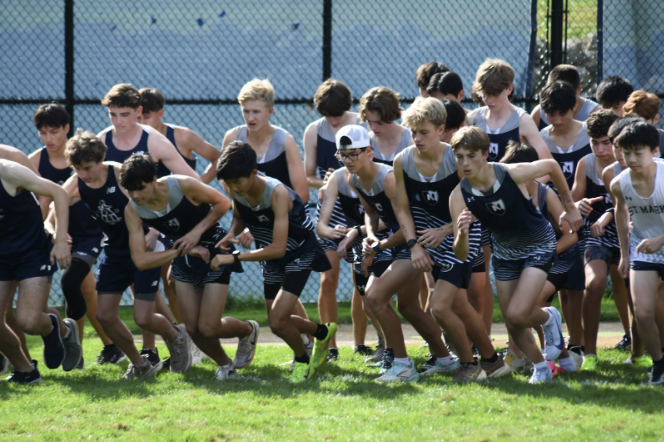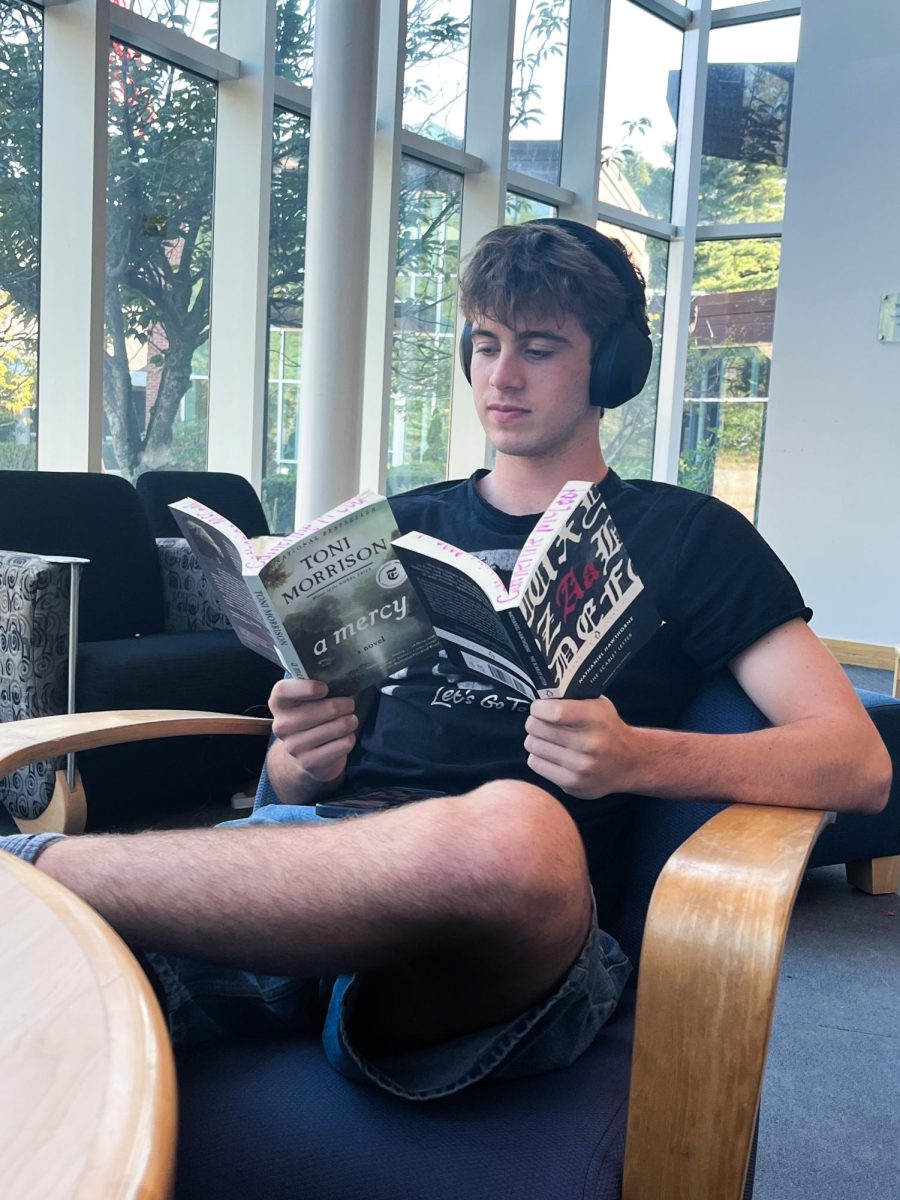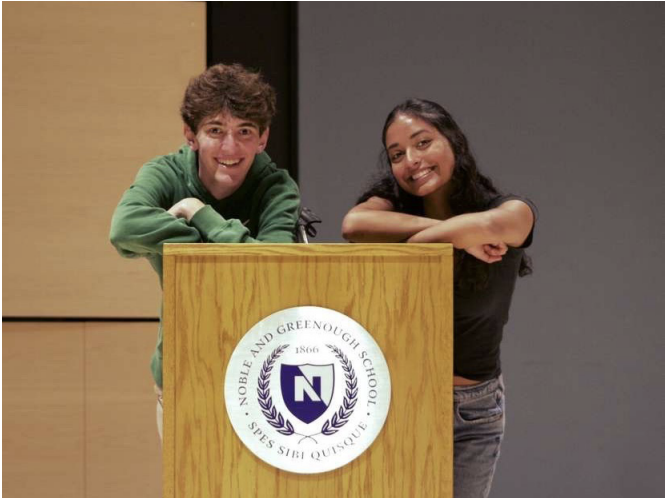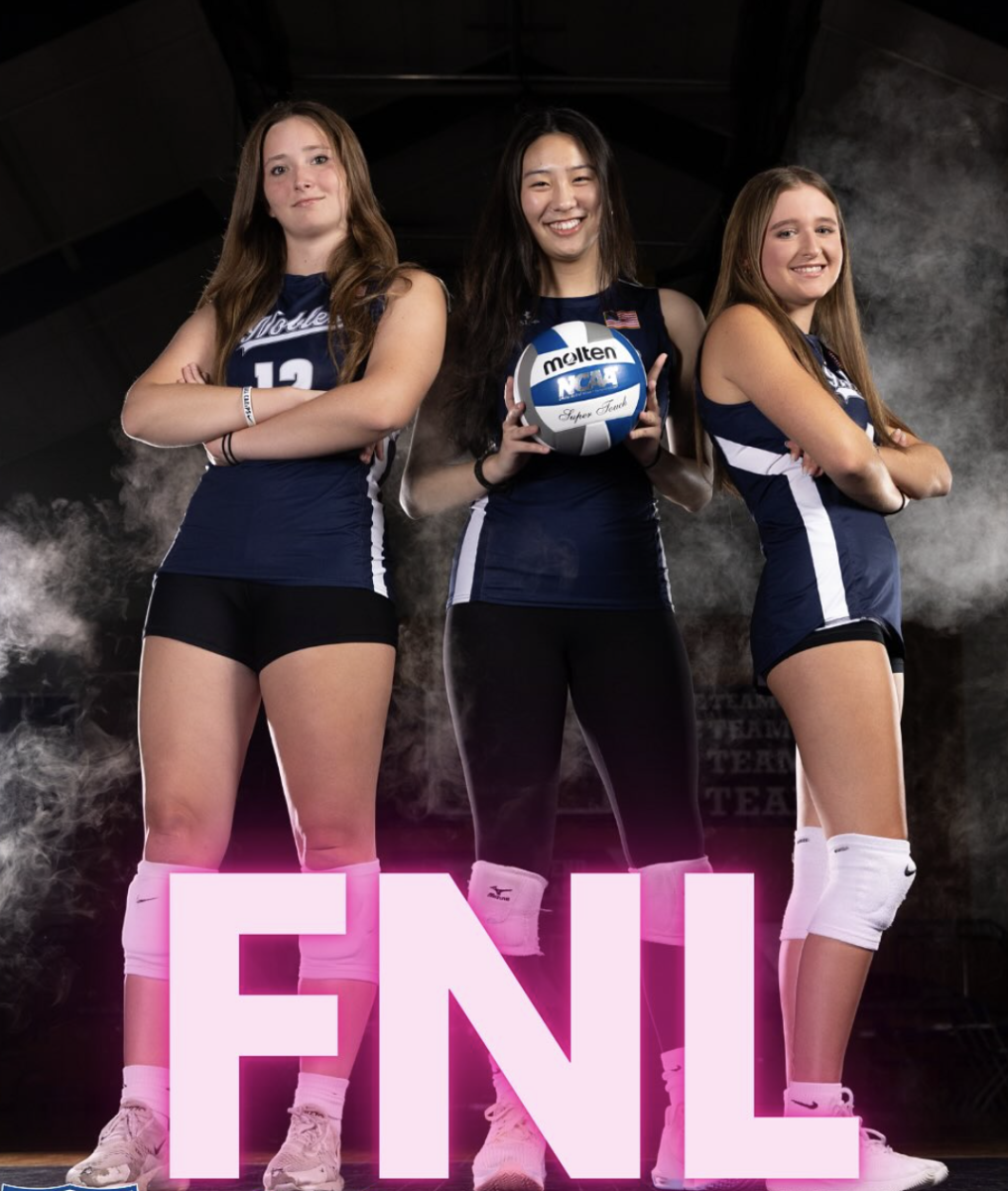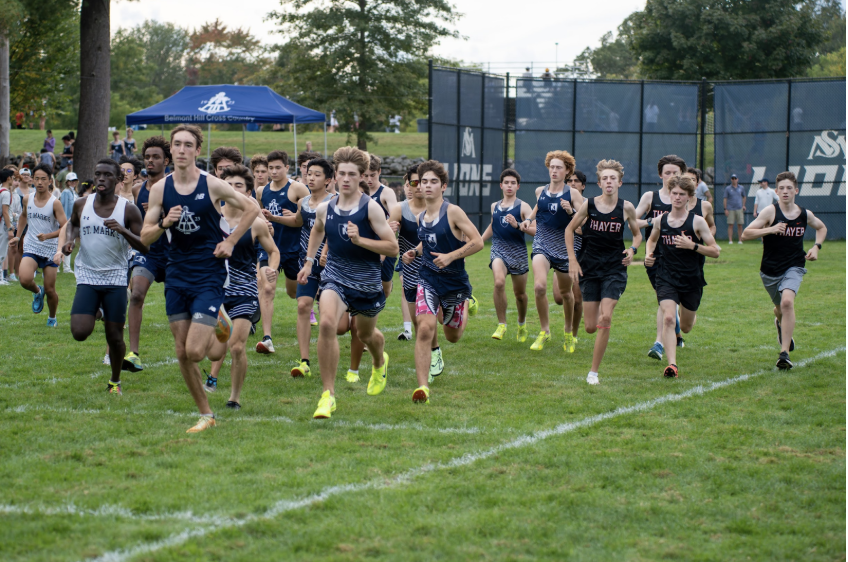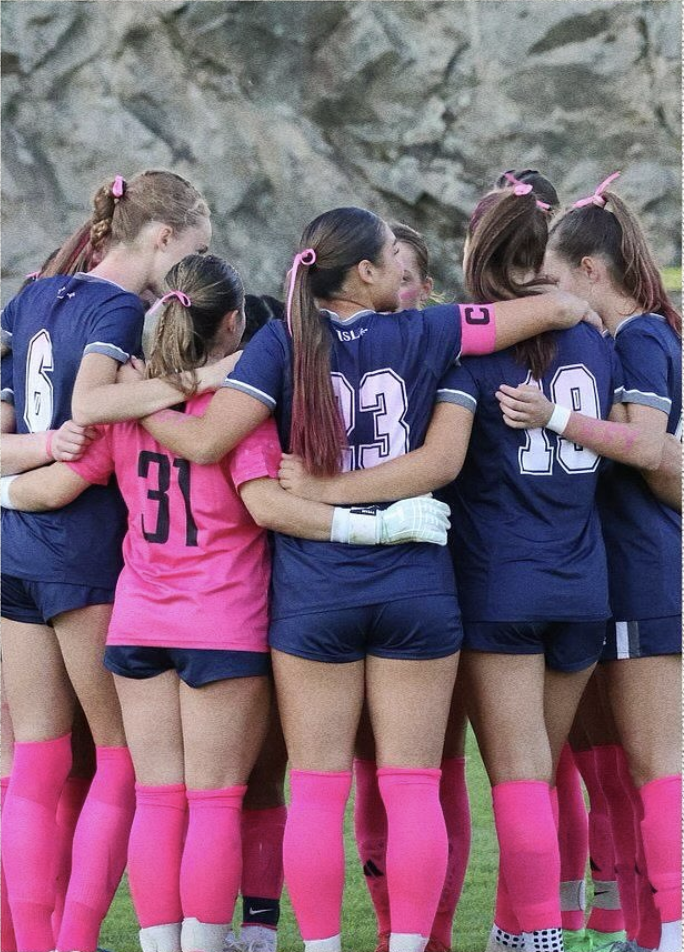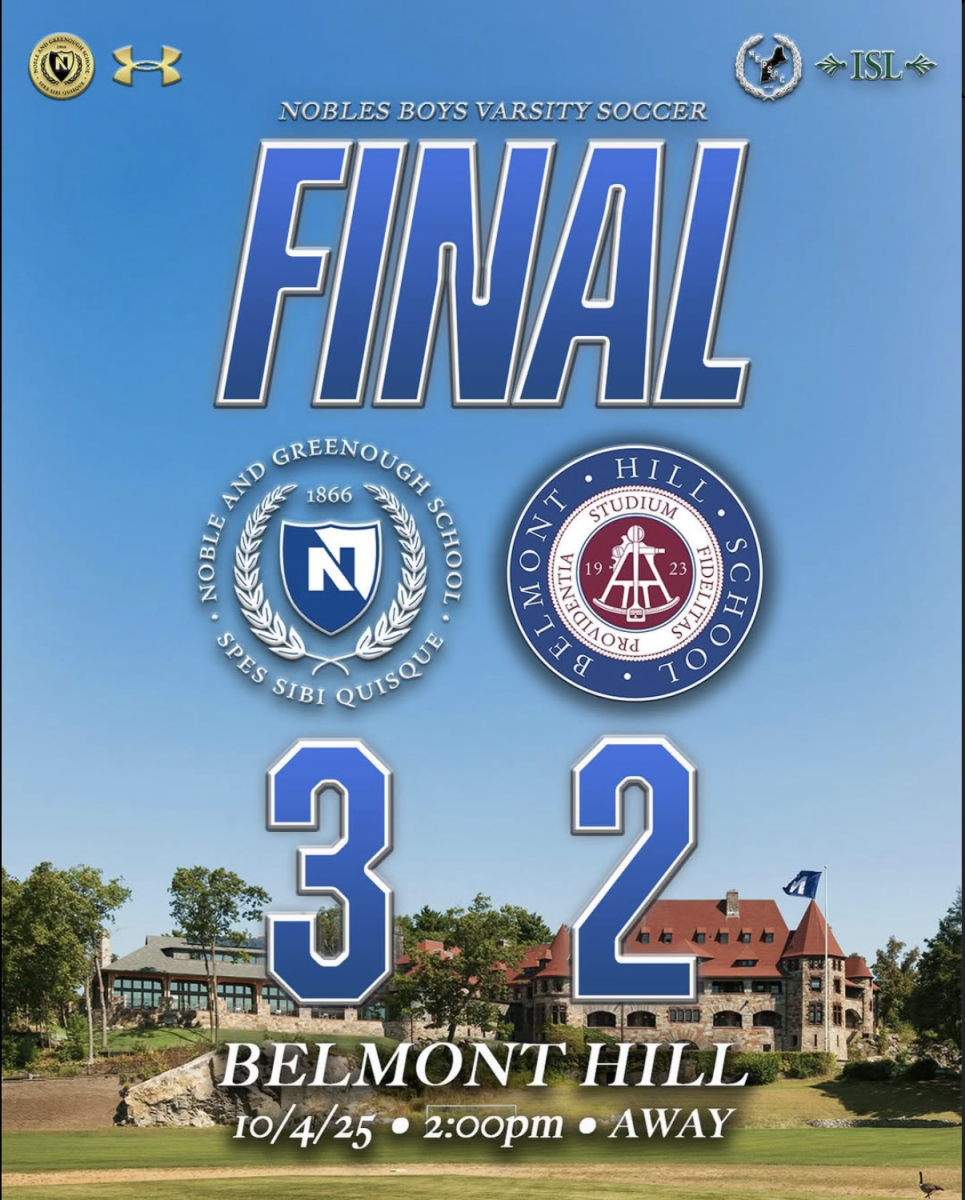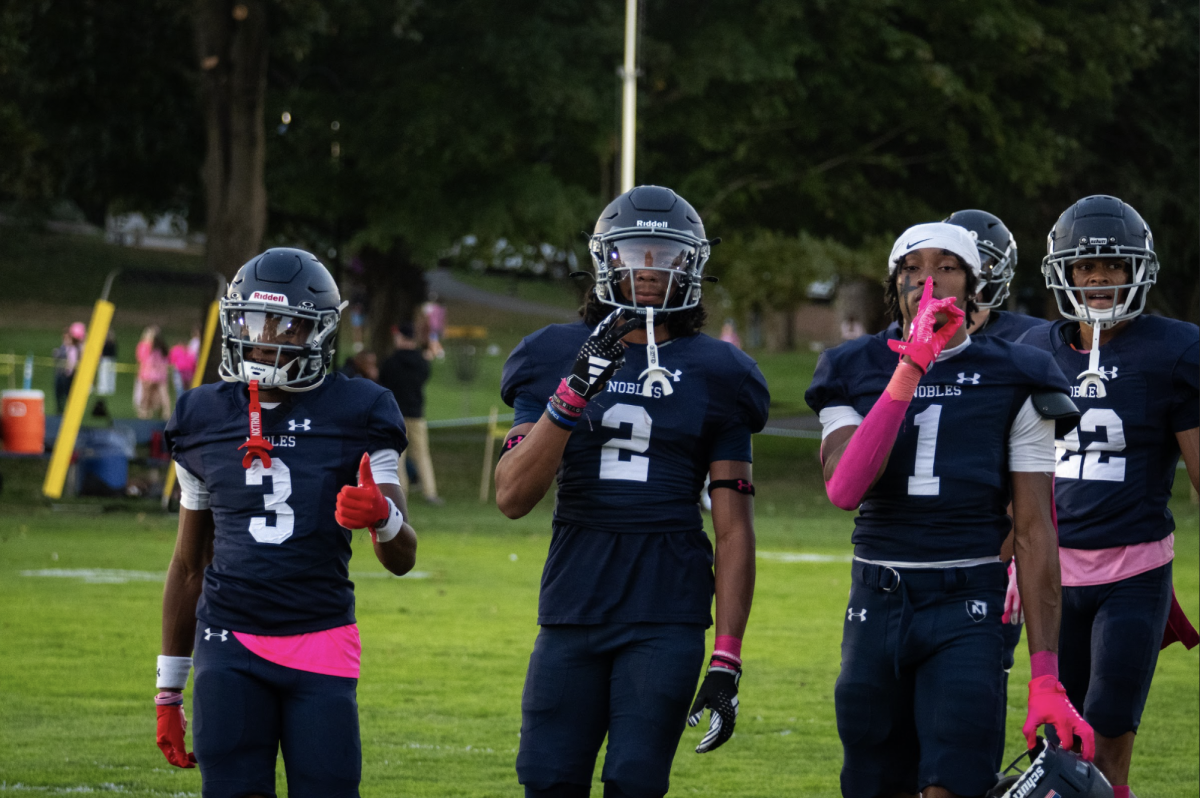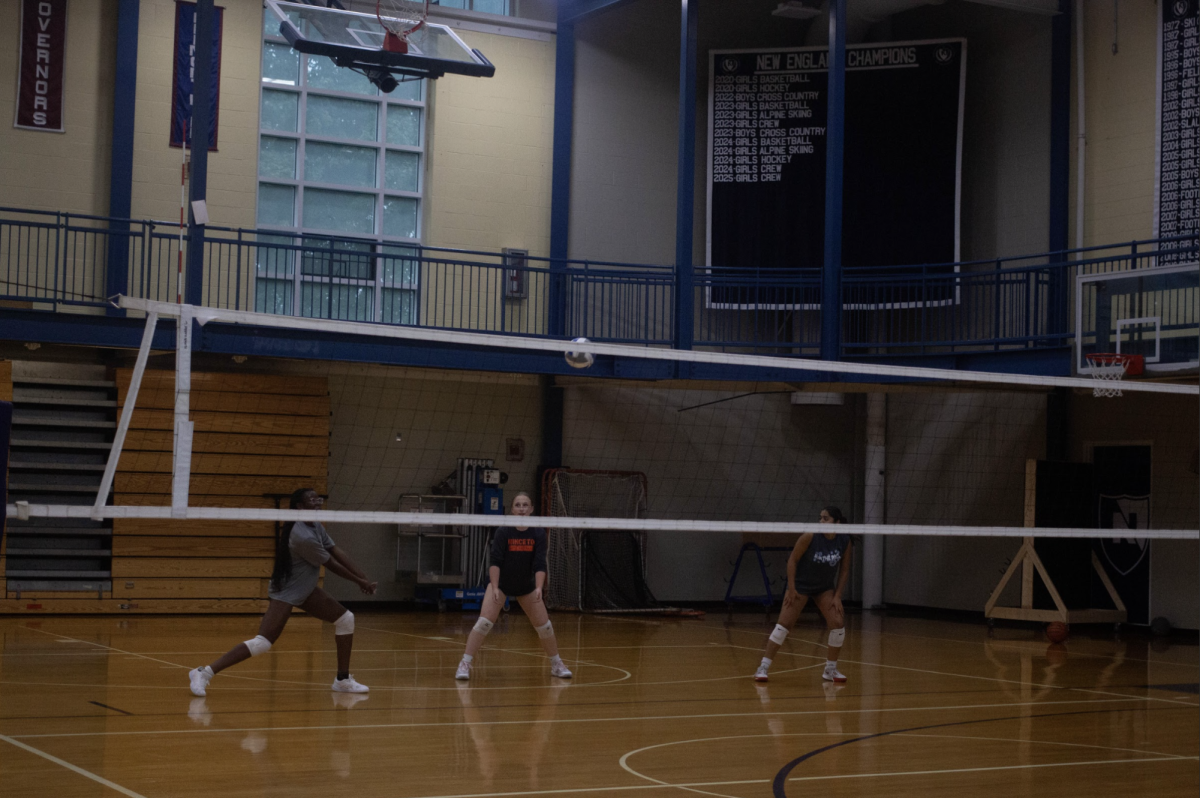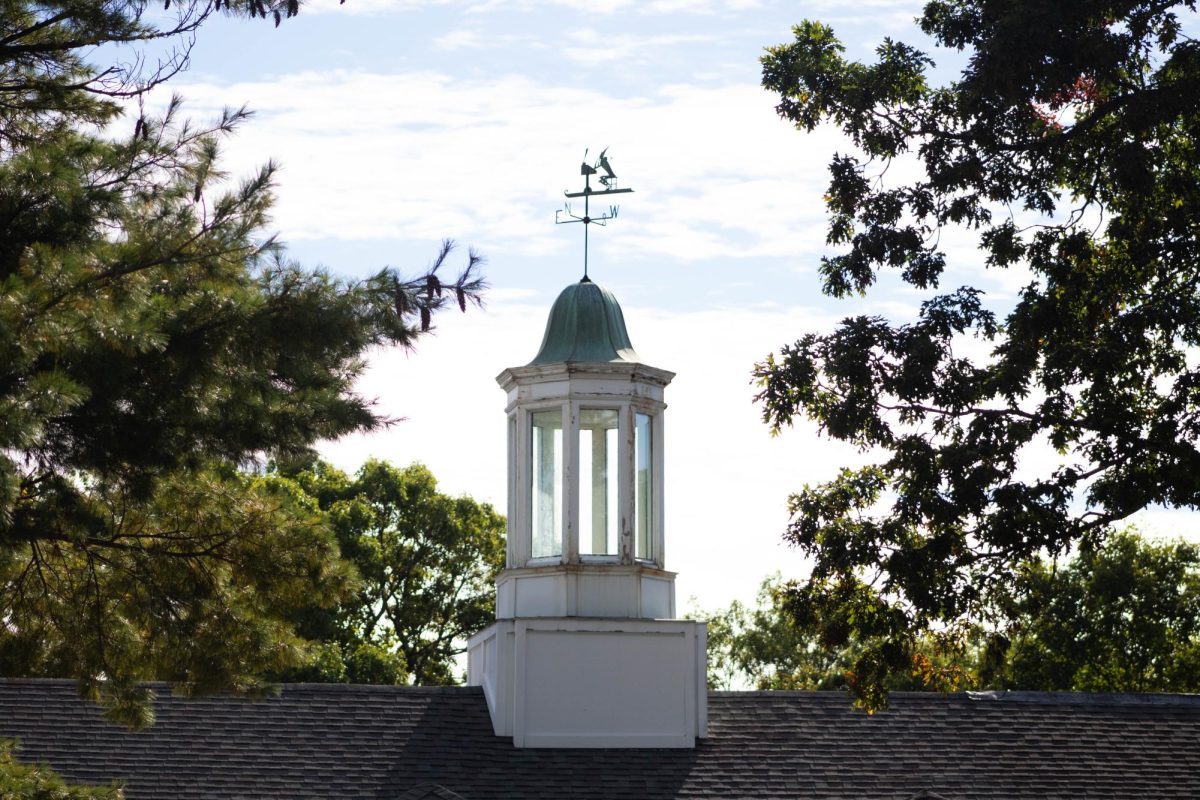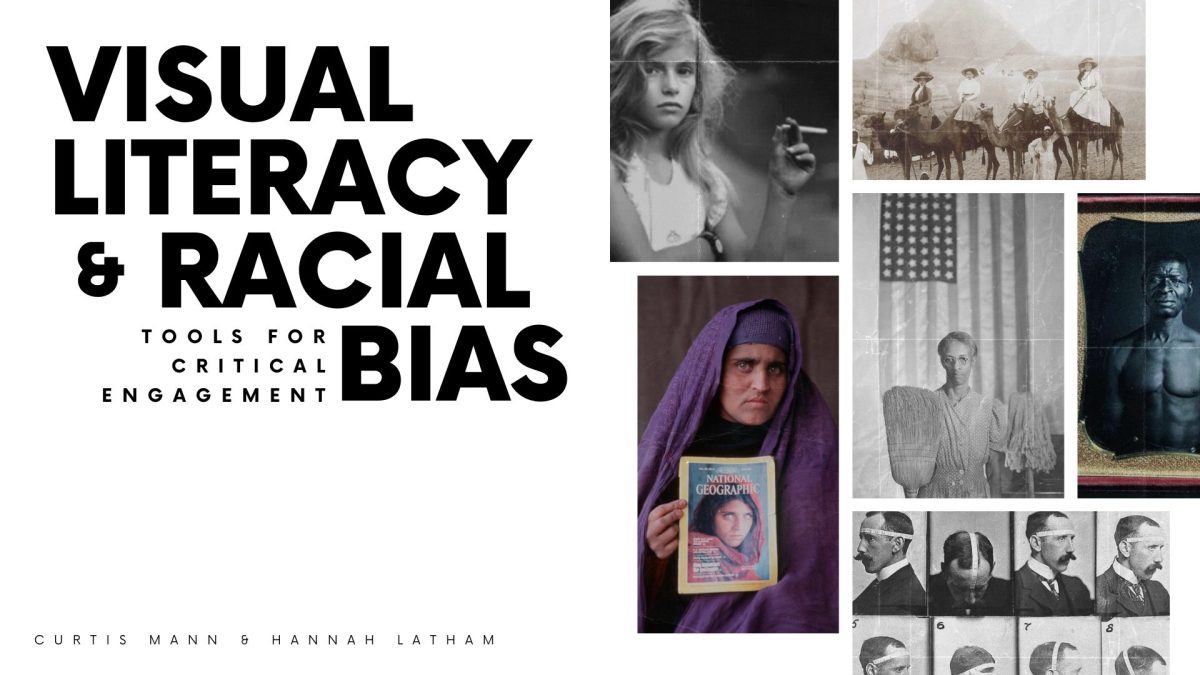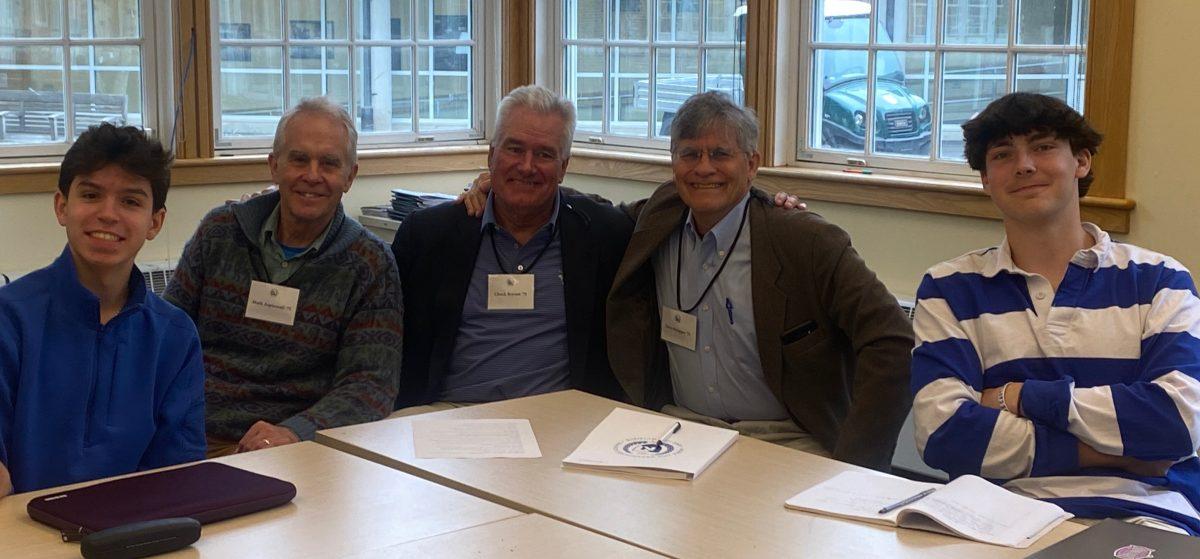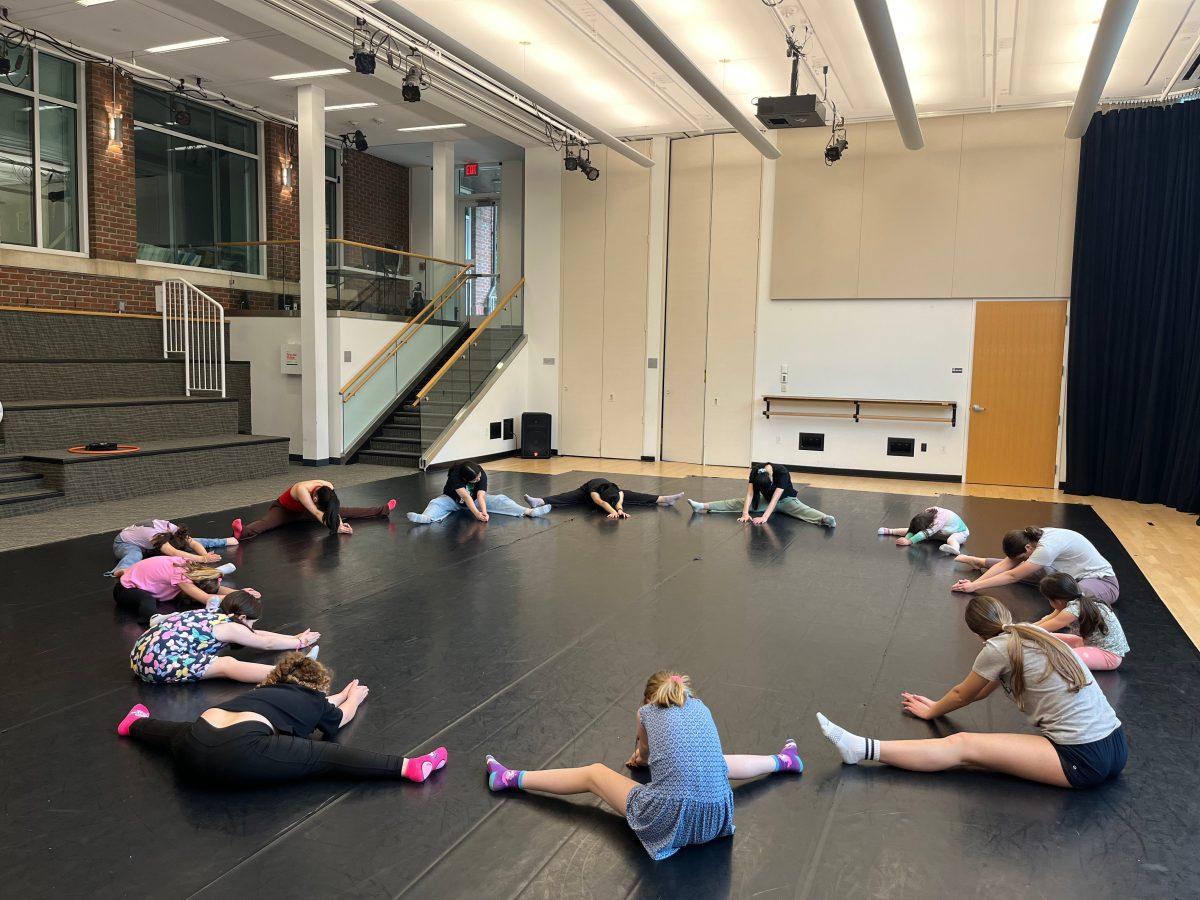Most students know Mathematics Faculty Elliot Sakach as the calm voice at the front of the math classroom, working through statistics problems. But outside of school, he’s sprinting across turf fields, launching discs at nearly impossible angles, and celebrating with teammates on his ultimate frisbee teams. For him, teaching and playing aren’t two separate worlds; they are connected by teamwork, problem-solving, and joy.
Sakach’s frisbee journey started long before he stood in front of a whiteboard.
“I first started playing ultimate frisbee at a summer camp that I went to in high school,” he said. “One of the counselors was super involved in frisbee, so that was something he encouraged everyone to play, and it was very fun.”
His high school didn’t have a team, but he and his friends would toss a disc around at lunch. It wasn’t until college, at Oberlin, that frisbee turned serious.
There, he joined the club team, which was highly competitive.
“It was super serious, and I traveled and competed against really good teams,” Sakach said.
More than the competition, though, what hooked him was the culture of the sport.
“The best teams are the ones that are going to be supporting each other, uplifting each other, and encouraging each other to improve and get better,” he said. “Being in that very positive, growth-mindset team structure was really fun.”
That sense of community carried him into professional play. After college, while teaching high school math in Houston, Sakach joined the city’s team, the Houston Havoc, in the American Ultimate Disc League (AUDL). The AUDL is the closest thing frisbee has to a professional league, with teams in major cities across the U.S. While players don’t make full-time salaries, they travel, compete, and train like professional players in any other sport.
Sakach said, “Even though it was a really big time commitment and coaches pushed us pretty hard, it was just very rewarding and very helpful to have that structured time for both exercise and for hanging out with friends and teammates.”
There were moments, though, when he questioned if he could keep up.
“I suspect it’s the same thing that keeps Noble students going,” he said. “Being a student at Nobles is a full-time endeavor … yet everyone is trying to do something to push themselves to be better in some other way, whether that’s sports or theater or music. I’ve always believed that fitness, teamwork, community, and time with friends are super valuable.”
One of his most vivid memories came during that very first season in Houston. The team was brand new, and expectations were low. Then came their first-ever win.
“Playing in the game, the first game that the team won ever in the history of its existence, was really awesome,” Sakach said. “I will not forget it, getting to grab the jug of Gatorade and douse our coach as if we won some championship when truly it was just the first win the franchise had.”
What sets ultimate frisbee apart from the sports Sakach grew up with, like soccer, basketball, and baseball, is its structure. No single player can dominate.
“Everyone has to be able to catch and to throw,” he said. “Every player gets this opportunity to be the quarterback and the wide receiver. We are going to be as good as our worst player, and even if we have a star, we all have to improve together to succeed.”
For Sakach, there’s also a surprising overlap between math and frisbee. During one season, both he and another teammate, also a math teacher, were teaching classes. “We were both spending our days thinking about angles in class, and then using them on the field. Frisbee is an intense athletic pursuit, but also a very intellectual, problem-solving activity.”
Now at Nobles, Sakach is bringing that same energy to the school community. He’s set to coach the ultimate frisbee team this spring, building on previous coaching at summer camps and at Deerfield Academy. He also dreams of trying out for Boston’s team, which recently won the league championship. Beyond that, he sees himself playing as long as he can.
Asked what single lesson he’d want to pass on to his students, Mr. Sakach says, “I firmly believe that hard work is fun, and when you work hard for something, that achievement is so much more rewarding. Doing that hard work with other people is even better. That’s the most joyful thing you can do.”
Whether in a math classroom or on a frisbee field, Elliot Sakach is living proof of that lesson.

